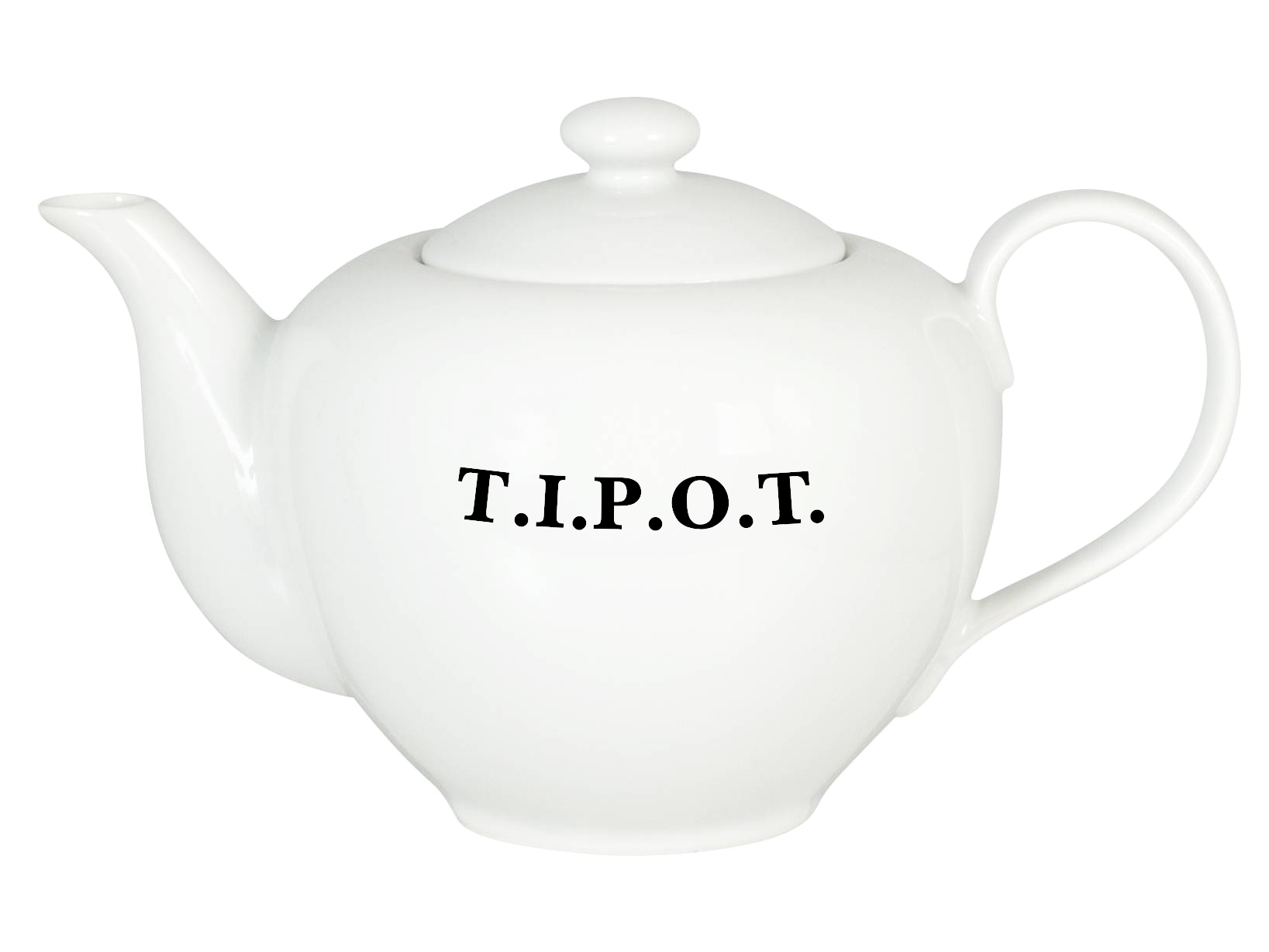A series of meetings designed to allow post-doc and Ph.D. students to present their research topics and promote collaborations.
On one Wednesday each month, a different research topic is presented in simple and accessible terms.
The seminars are designed to be attended by post-doc and Ph.D. students, but graduates and undergraduates are welcome.
Seminars are organised by Armando Capasso and Elia Onofri, with the participation of Martina Miseri and Bruno Renzi.
Ph.D. courses in mathematics are coordinated by Prof. Alessandro Giuliani.
Enroll yourself or visualise the events calendar.
Seminars list

What is... a Higgs Bundle?
by Armando Capasso
June 21, 2023 – 14:00 – Room 311
Abstract.
The theory of Higgs bundles over smooth complex projective varieties is a crossroad
of algebraic geometry, complex differential geometry and mathematical physics of course.
In this talk I will not go neither into the history of these very interesting mathematical objects
nor their applications in physics. Instead I will try to explain what are the "ingredients"
which one involves in this definition; to be clear, I will attempt to explain the geometric origins
and the meanings of these "ingredients".
If the time permits, I will introduce some notion of "positivity" for Higgs bundles,
which are the main topics of my Ph.D. thesis.
- Biswas, Bruzzo, Capasso, Graña Otero, Gurjar, Hernández Ruipérez, Lanza, Lo Giudice, Peragine - various papers
- S. Kobayashi (1987) Differential Geometry of Complex Vector Bundles, Iwanami Shoten Publishers and Princeton University Press.
- R. K. Lazarsfeld (2004) Positivity in algebraic geometry. I and II, Springer-Verlag.
- C. Okonek, M. Schneider, H. Spindler (1988) Vector Bundles on Complex Projective Spaces. With an Appendix of S. I. Gel'fand, Birkhäuser.
- C. T. Simpson - Higgs bundles and local systems , Pubblications Mathématiques de l'I.H.É.S., 75 (1992) 5-95.

How machine learning can improve macroscopic models for traffic state estimation and forecast
by Elia Onofri
May 10, 2023 – 14:00 – Room 311
Abstract.
Within the last decades, many efforts were devoted to describing the dynamics of vehicular traffic flow on road networks,
either to analyse or to predict normal and abnormal situations (e.g. traffic jams, accidents, ...).
Mathematical models are used, in this sense, to describe many different aspects of traffic dynamics.
Often, however, the increasing amount of data available through the omnipresent sensors scattered on the road networks
can not be used in their wholeness by mathematical models, hence leaving data full potential concealed.
The temporal-sequence nature of this kind of data makes Artificial Intelligence suitable to unleash its capabilities.
In this talk, we analyse the structure of a set of data provided by Autovie Venete S.p.A. and we present two AI approaches.
Autovie Venete is the company in charge of the management of the A4 Italian highway "Trieste-Venice" and its branches
and it provides us flux and velocity data gathered minute-wise from fixed sensors dispatched every 10–15 km.
We extensively analysed such data and we built two AI methodologies that enable us to:
- perform mid-term prediction of the boundary conditions for forecasting simulation,
- make real-time classification of potentially critical situations, hence supporting the model clarifying the nature of the non-bijective fundamental diagram,
- make short-term predictions of critical situations.
References.
- Inverting the Fundamental Diagram and Forecasting Boundary Conditions: How Machine Learning Can Improve Macroscopic Models for Traffic Flow. Maya Briani, Emiliano Cristiani, Elia Onofri. [paper]
Coincident root loci and the moduli space of rational elliptic surfaces
by Simone Pesatori
April 19, 2023 – 14:00 – Room 311
Abstract. Elliptic fibrations are strongly characterised by their singular fibers. We analyze the moduli spaces of elliptic surfaces over the projective line \(\mathbb{P}^1\) and construct a stratification of these spaces in terms of the singular fibers that the surfaces have. In order to do that, we need to investigate a very natural problem: let \(\mathbb{P}^d\) be the space parametrizing homogeneous degree d polynomials in two variables; what happens if the roots of the polynomials collapse? Given a partition \(\lambda\) of \(d\), how is the locus in \(\mathbb{P}^d\) corresponding to polynomials having roots with the multiplicities prescribed by \(\lambda\)?
Presentation of the XXXVIII Ph.D. cycle
by Lorenzo Baroni, Rocco Brunelli, Simone Marrocco, Martina Miseri, and Mario Morellini
March 17, 2023 – 09:00 – Room 311
Abstract. Each presentation consists in a short talk (15 minutes) about the students scientific profiles and their research topics.
Virtual Cycles – An Introduction
by F. C. Simon Schirren
November 30, 2022 – 14:00 – Room M1
Abstract. We'll start with defining the normal bundle of a smooth variety (or manifold) \(M\) and motivate the Thom isomorphism from differential geometry. This will lead us to the definition of a virtual fundamental class \([M]\) and we'll discuss its relations to the Chow ring \(A^{*}(M)\). After a concrete computation in a specific case, we'll get an outlook on applications to moduli problems in sheaf theory, if time permits.
References.
- Behrend, Fantechi: The Intrinsic Normal Cone
- Batistella: Virtual Cycles for the Working Mathematician
- Bott, Tu: Differential Forms in Algebraic Topology
- Tanaka, Thomas: Vafa-Witten Invariants on projective surfaces I
Meeting. LINK
The dimer model: phase diagram and universality
by Bruno Renzi
October 26, 2022 – 14:00 – Room M1
Abstract. After a brief overview of statistical mechanics and of the mathematical challenges it tries to address, we will consider as guiding example the dimer model, which admits an exact solution and exhibits a very rich behavior. Thanks to its integrability we will be able to explicitly compute the large scale limit of the quantities characterizing the system. After explaining its interpretation as a model of random surfaces, we will give a characterization of the phase diagram in terms of fluctuations of this surface. Time permitting we will discuss the universality of the model.
Past edition
G.T.M. – General Topics in Mathematics (informal seminars)
Academic Year 2021/22
Organised by Armando Capasso and Elia Onofri
Partecipants.
- Elia Onofri – On tweakable black-box polinomials: the cube attacks family
- Armando Capasso – Numerically flatness for Higgs bundles over compact Kähler manifolds
- Luca Ferrigno – An Overview of Diophantine Geometry
- Muhammad Usman – Symbol-based preconditioning for Riesz distributed-order space-fractional diffusion equations
- Elia Onofri – Attribute-based colouring and its applications in reducing problem's size
- Armando Capasso – Algebraic hypersurfaces with vanishing Hessian and CW-complexes
- Elia Onofri – The role of the applied mathematician: optimisation of pedestrian flows in crowded museums

